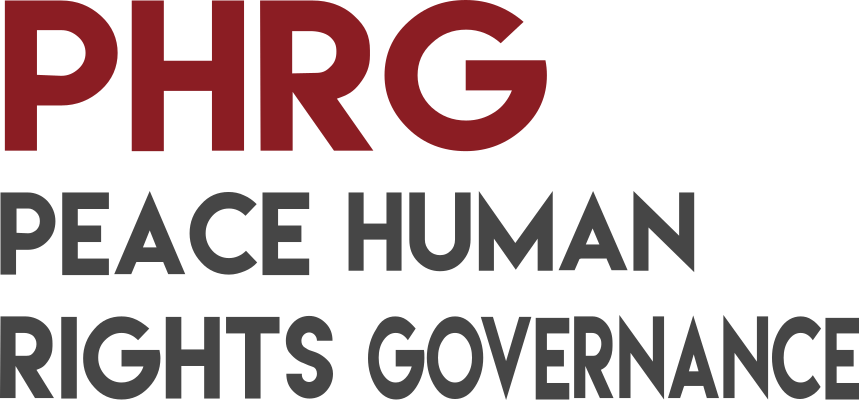After the war in Bosnia and Herzegovina the victims of the genocide, crimes against humanity, and war crimes, demanded (and still demand), compensation for moral and material damages caused by these atrocities. When victims began to claim compensation for damages caused by these crimes, there was a question about the statute of limitations for the claim to damages caused by the crimes. According to the positive legal regulations in Bosnia and Herzegovina, for the damage made by a felony, the time limit for the claim for the damage compensation is as long as the time limit for the prosecution for the felony by which the damage was caused. In this context, the Constitutional Court of Bosnia and Herzegovina examined the constitutionality of lower courts’ decisions in the Federation of Bosnia and Herzegovina and the Republika Srpska. The Constitutional Court, as this article argues, took a questionable stand regarding war compensation to war victims. In cases where the individuals were defendants in the sense of being charged for compensation for the damage (material and moral) caused by the crimes of genocide, crimes against humanity, and war crimes - the Constitutional Court took a stand that there is no statute of limitations for demanding compensation for the damage. On the other hand, when the defendants were the Federation Bosnia and Herzegovina and the Republika Srpska, as legal entities, in most cases, the Constitutional Court took a stand that demanding compensation for damage (material and moral) caused by the crimes of genocide, crimes against humanity and war crimes, the statute of limitation for the compensation is five years (general statute of limitations). In this paper, the author questions the practice of the Constitutional Court through three aspects. The first aspect is the rule of law – are entities and individuals equal before the law since one statute of limitations is valid for entities, and another is valid for individuals? The second aspect is transitional justice, where the author investigates how this practice impacted the process of compensation to the war victims. The third aspect is how this practice impacted the international obligations of Bosnia and Herzegovina regarding compensation to war victims.
Victims without Compensation: The Critique of the Constitutional Court of Bosnia and Herzegovina’s Practice Regarding Compensation to Victims of the War
Abstract
Download
Nurkić B. (2024) "Victims without Compensation: The Critique of the Constitutional Court of Bosnia and Herzegovina’s Practice Regarding Compensation to Victims of the War
" Peace Human Rights Governance, 8(2), 161-177. DOI: 10.14658/PUPJ-PHRG-2024-aof-9
Year of Publication
2024
Journal
Peace Human Rights Governance
Volume
8
Issue Number
2
Start Page
161
Last Page
177
Date Published
10/2024
ISSN Number
2532-3474
Serial Article Number
1
DOI
10.14658/PUPJ-PHRG-2024-aof-9
Section
Articles

 © 2025 Padova University Press - Università degli Studi di Padova
© 2025 Padova University Press - Università degli Studi di Padova